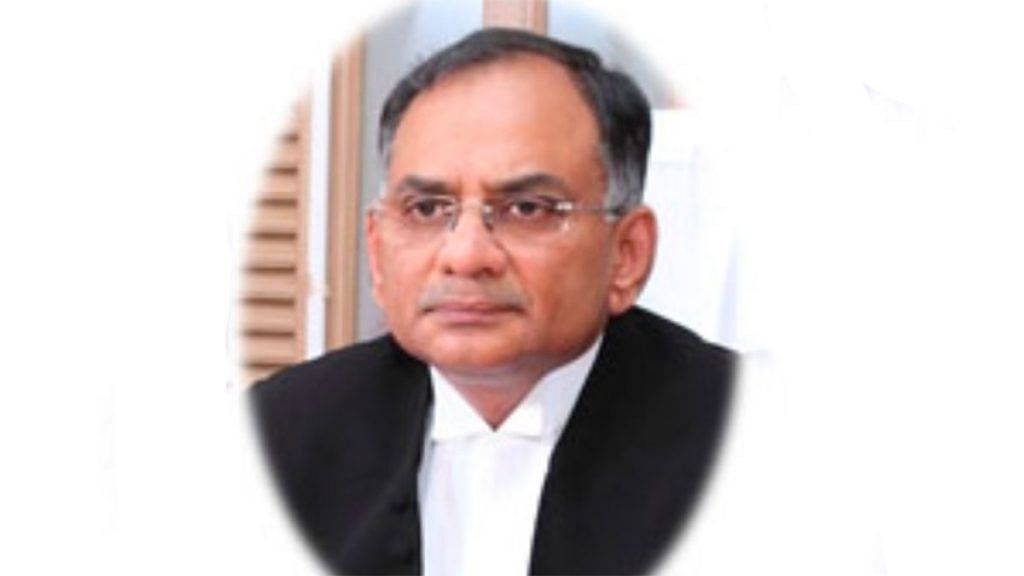New Delhi: “Who is a Brahmin?” asked Kerala High Court judge Justice V Chitambaresh while addressing the inauguration ceremony of the Tamil Brahmins Global Meet in Kochi.
He went on to answer his question himself.
“A Brahmin is dwijhanmana — twice born,” the judge said, and he was only getting started. “He has certain distinct characteristics: clean habits, lofty thinking, sterling character, mostly vegetarian and lover of Carnatic music,” the judge added. “All good qualities rolled into one is a Brahmin.”
Justice Chitambaresh stoked a controversy last week with his remarks made at the event which was organised by the Kerala Brahmana Sabha. The HC judge had called on members of the community from across the world to unite so as to not “get sidelined”.
‘Raise your voice against caste-based reservations’
The judge called on Brahmins to raise their voice against caste-based reservations, even as he kept repeating how it was “not proper” of him to express any opinion since he occupied a constitutional post.
“It is time for you to deliberate on whether reservation should be given on the basis of one’s community or caste,” said the judge.
He continued: “I am not expressing my opinion at all. Only reminding you that there is a platform to agitate and voice your concerns about economic reservation”.
Acknowledging the 10 per cent reservation for the economically backward classes, he gave an example of how a poor Brahmin’s son may be missing you on opportunities.
“Even if he falls within the non-creamy layer, a Brahmin cook’s son will not be eligible for reservation. On the other hand, the son of a timber merchant belonging to other backward communities will get reservation if he falls in the non-creamy layer category,” the judge said.
Also read: These 350 apartment owners in Kerala are caught between the Supreme Court and the sea
‘Preserve agraharams’
Justice Chitambaresh didn’t stop at reservations alone. The judge also called for preservation of the agraharams — cluster of houses inhabited by Brahmins with a temple on the agram (extreme end) of the street.
He advocated for agraharams to be declared as heritage sources. “We shall not permit any flats to be built among houses in the agraharams.”
Justice Chitambaresh began practising law in 1981 and was designated as a senior advocate in November 2007. He was sworn in as an additional judge of the high court in November 2011 and was made permanent in December 2012.
Also read: How a Muslim doctor in Kerala is fighting against the ‘un-Islamic’ face veil
